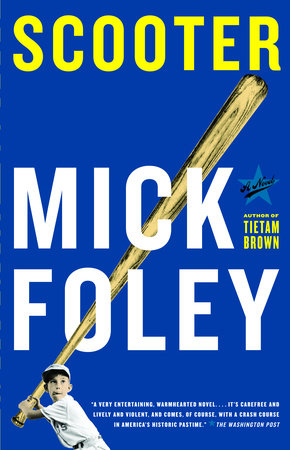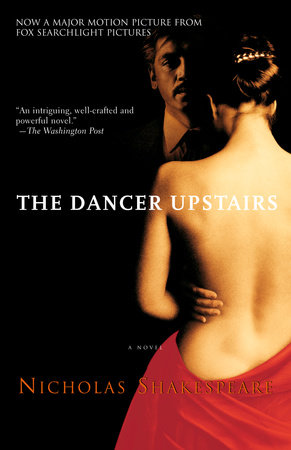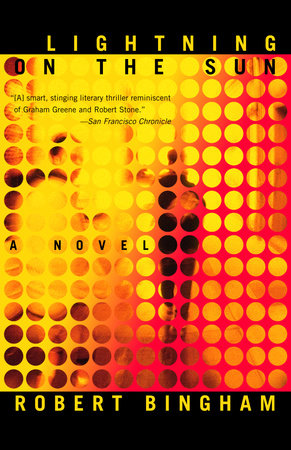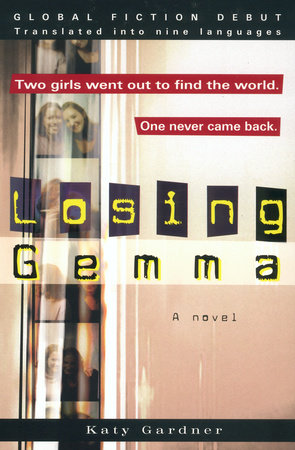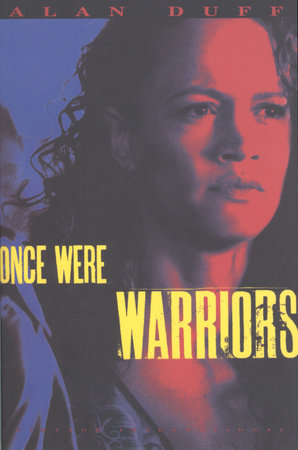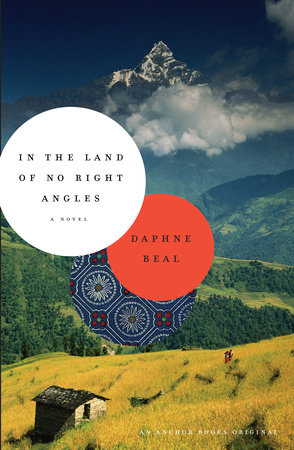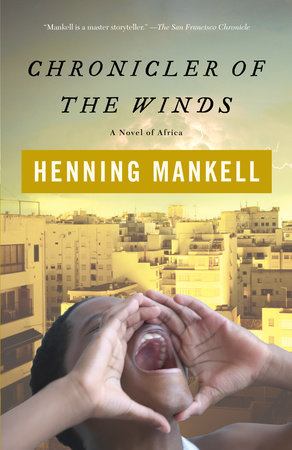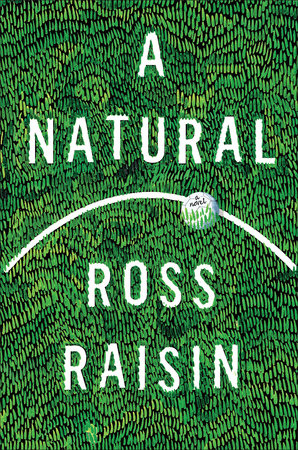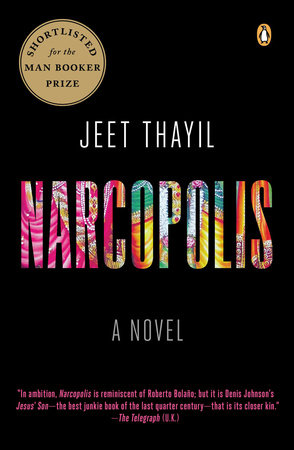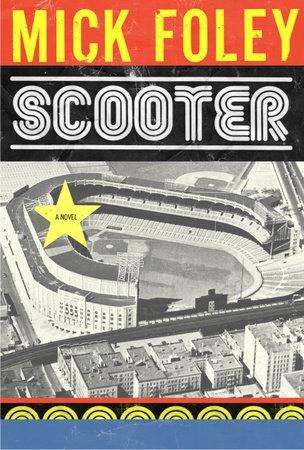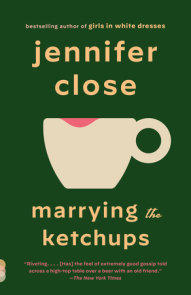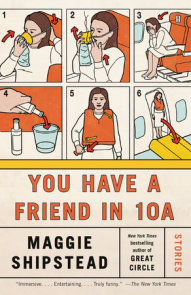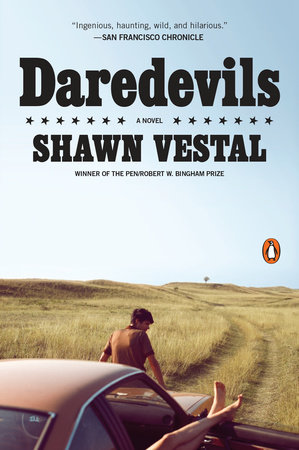Author Q&A
Q: So much of Scooter is an homage to the great game of baseball. Did you grow up a fan? Are you still one?
A: I grew up as an absolutely huge baseball fan, but following the death of my boyhood
idol Thurman Munson, I took a twenty-year sabbatical from the game. During that time, I watched very little baseball, outside of the occasional World Series or All-Star game. I don’t think I realized what a big role baseball had played in my life until I wrote my autobiography in 1999 and took note of all the baseball references and similies it contained. There were references to Carlton Fisk waving his arms in the classic 1975 series and even to Pete Rose flattening Ray Fosse in the 1968 All-Star game. When I had children, I actually wondered what kind of a dad I’d be if my kids were to grow up without the constant companionship of our nation’s pastime. Fortunately, my Sports Center-obsessed son Dewey jolted me back into the game about five years ago and I’ve been making up for lost time ever since.
Q: Where did the idea for a novel set in the Bronx (during the 1960s and ’70s–a time of major social and racial changes) and revolving around baseball come from?
A: My interest in writing about both the Bronx and baseball was a result of the tragedy of September 11th. Even though I grew up just an hour’s drive from New York City, I realized I knew very little about it. So I began reading intensely about the city’s history and found it fascinating, but was especially drawn to the Bronx. When I was a kid, I knew the Bronx solely as a place I went to watch Yankee Games and then got out of as quickly as possible. I never realized what a proud history the borough had and what fond memories generations of its citizens had of it. While I was reading about the Bronx, I was also finding great comfort in the game of baseball. I think much of the country did. I attended the first baseball game in New York following the attacks and was even given the honor of sitting with the firemen and policemen in the Shea Stadium bleachers for that historic game. Eventually the combination of the Bronx and baseball started calling out to me and what began as a short story turned into a novel.
Q: Scooter’s dad is always bemoaning the changes in the game. Do you think the sport still has the magic it once did in the golden age of the Bronx bombers?
A: I think this country will always have a love affair with the game of baseball. But, as with all great relationships, the game needs to change to accommodate the fans once in a while. I think Scooter captures a moment in time (1968-1969) when the game was in need of change. Scooter’s dad did bemoan those changes, but in retrospect, I think those changes were necessary. Now, almost four decades later, I think the game could use an infusion of that old time baseball. A little less reliance on the home run, a little more on the subtleties of the game. But I have no doubt that the love affair will continue.
Q: As an athlete, how important were sports in shaping your own childhood?
A: I couldn’t even imagine a childhood without athletics. Thank goodness video games,
satellite TV, and the internet weren’t around when I was a kid. I went out to play in the morning and my mom would ring a bell when it was time to come in for dinner. Actually, quite a bit of my own childhood is on display in Scooter. No, not the bad stuff. But my father, who was my high school’s athletic director for over thirty years, actually has a role in the book. I even make a real life cameo in one of the book’s big scenes. No, unfortunately it’s not in a romantic scene.
Q: Volunteer work has always been a part of your life, especially work with kids. Both Scooter and Tietam Brown follow young boys coming of age and overcoming many
obstacles. Does your own work with kids inform your writing? What is it about kids going through difficult times that inspires you as a novelist?
A: One of my past children’s books was inspired by and dedicated to a young burn victim and I think my friendship with this boy may have inspired the character of Scooter’s grandfather as well. I do have a novel in my head that will be inspired by a young man facing a life-threatening illness. But I’m afraid that my desire to write stories is derived more from my wrestling days, where creating sympathetic characters who would be forced to overcome serious obstacles, was my key to making a living.
Q: Scooter’s dad is a cop; his grandfather a fireman. Both take big risks with their careers. As someone who himself had a dangerous career for many years, how do you relate to these men?
A: I think Scooter will ask readers to decide for themselves whether a life should be remembered for years of sacrifice and diligence or for one brief moment of cowardice or inaction. I think it is a question that is crucial in shaping the lives of the three main male characters of this novel. Unfortunately, it is a question that I have had to wrestle with in my own life, stemming from an incident where one of my wrestling opponents (who also happened to be my friend and mentor) was accidentally engulfed in flames. Luckily he escaped with only minor burns, but I have been haunted by that moment, and my possible inaction during it, for the past ten years.
Q: Scooter’s mom checks out on the family when his sister is critically injured. It’s really the men in his family that ultimately, if reluctantly, end up in the role of caretaker. Was this an idea you were intentionally exploring in Scooter?
A: I don’t know if I was specifically looking to explore the male role in caretaking. I do think I was looking to explore the lives of flawed human beings who become unlikely heroes. I rewrote the mother’s character so she would be a little less easily defined. I wanted readers to empathize with her plight, even while mourning the choices she ultimately makes. Sometimes the difference between hero and villain can be as simple as the difference between a good and bad choice at a crucial moment in time.
Q: Do you think Scooter Riley and Tietam Brown would be friends?
A: I’m not sure if Scooter and Tietam would have been friends. I think Scooter and Tietam’s son Andy would have though. They could have traded stories not only of their respective fathers’ unusual ways and the special girls who all too briefly touched their lives, but on the entirely coincidental physical flaws they share with author Mick Foley. Andy got the missing ear. Scooter has the missing teeth and love handles.
Q: What do your fans from your wrestling days think of your career as a novelist? Are you still involved at all with professional wrestling?
A: I think wrestling fans get a kick out of it. Which doesn’t necessarily mean that they will run out to the bookstore to purchase my novels. But Scooter has touched their lives, whether they realize it or not. I actually used the novel’s theme of cowardice and redemption to fuel my return to the ring in 2004. I may have to write a novel every couple of years just to inspire my occasional returns to the ring.
Q: What is next for you?
A: I have really been touched and inspired by the feedback on Scooter that I’ve received from two of my favorite authors, Richard Price and Jonathan Kellerman. I’ve got about five ideas for novels that are running through my head, and I think I’ll wait for one to call out to me and keep me awake for a few nights before I write it down. I’m going to spend a lot of time with my kids, catch a few ball games, ride a roller coaster or two, and do some volunteer work as well. This will be my fourth summer volunteering at the Hole in the Wall Gang Camp and I will be continuing to make monthly visits to Washington, D.C. to visit injured service members.
